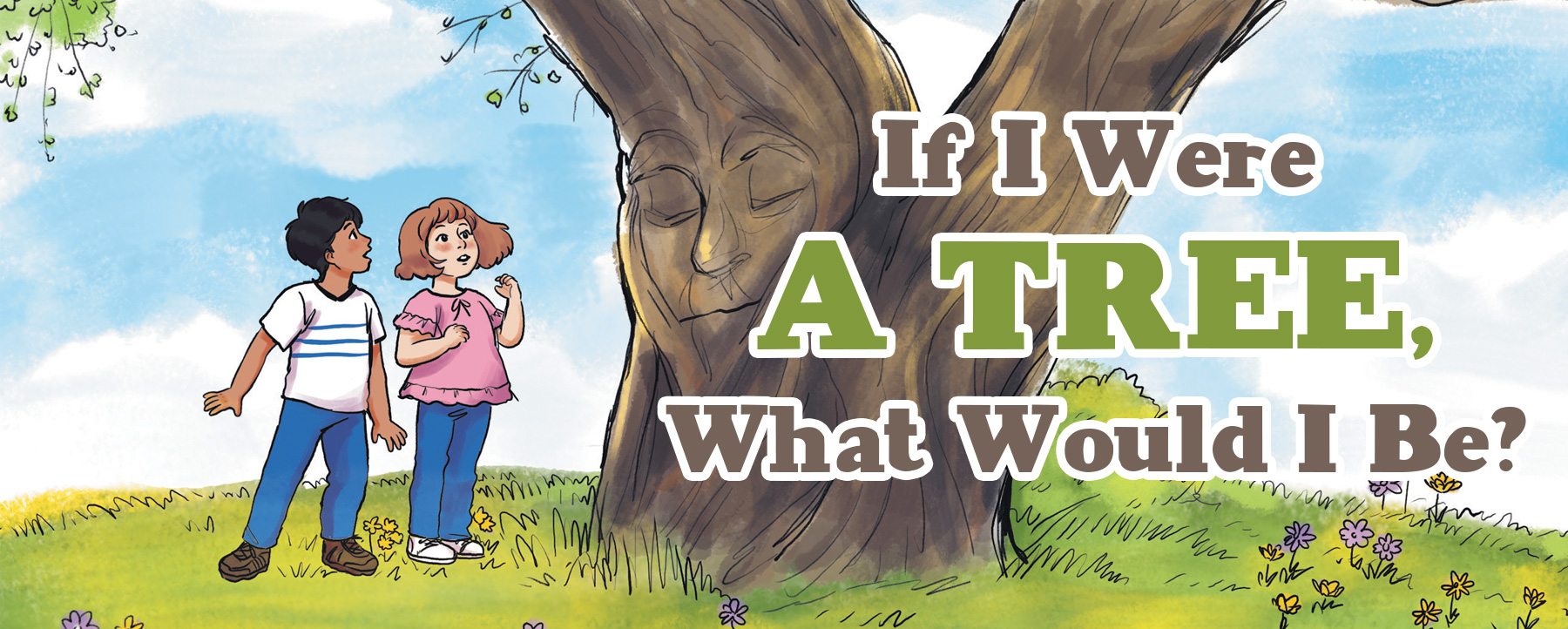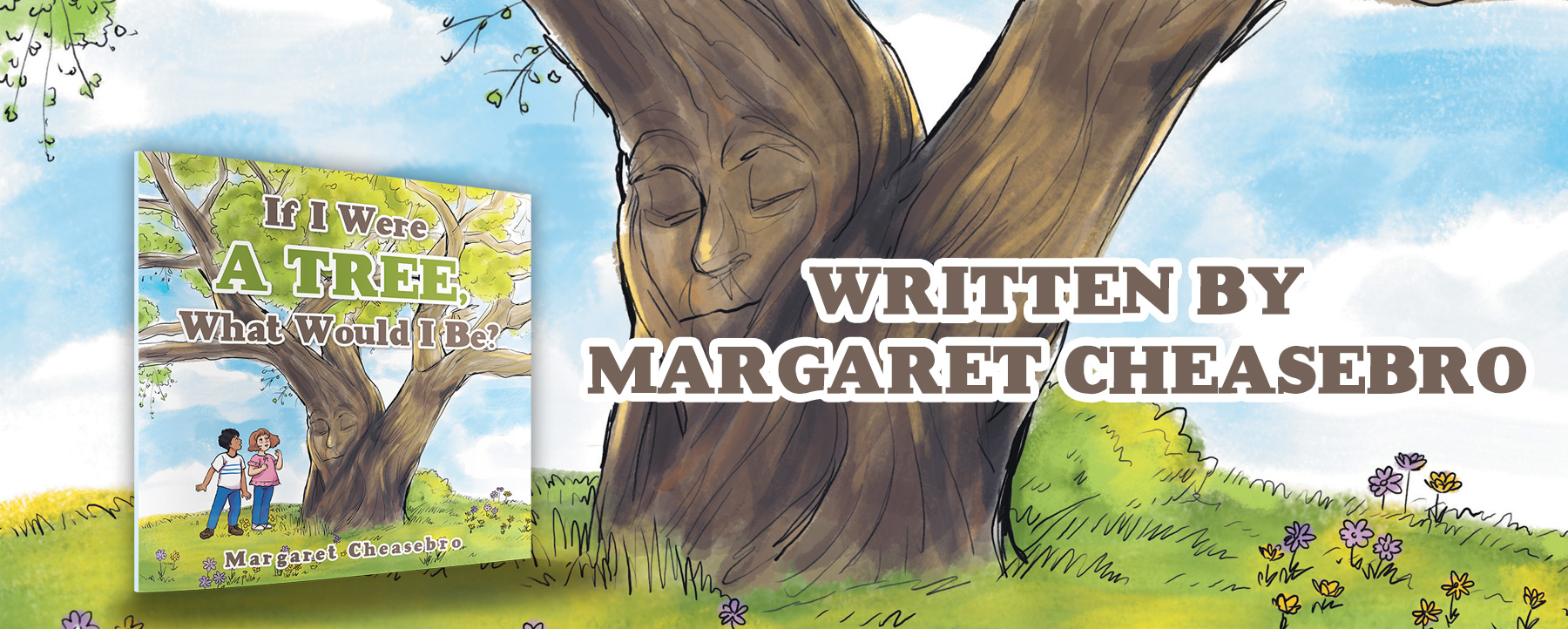Sometimes I run across articles about native people in different countries who have inherited a passion for saving their rainforests. It’s such a basic desire that it’s in their blood.
When officials in their countries do not take their abilities seriously, the people feel undervalued. And the rainforests suffer.
In an article by Ed Ram in the July 29, 2022 The Guardian Weekly, the author wrote about some people in the Democratic Republic of the Congo. They have a deeply ingrained understanding about how to help their forests survive and thrive. But some people in their government have different ideas.
Ram told about Batwa people who live in and near Chibuga village on the outskirts of Kahuzi-Biega national park in the eastern part of the country. They have lived in the region for centuries. They work hard to reduce threats to the rainforest by forming balls of reddish clay. They coat the outside of each ball with charcoal dust. Then they leave the balls in the sun to dry. Once they’re ready to use, the balls burn 70 percent more efficiently that burning charcoal by itself.
Charcoal is very popular in the country, but it comes at a heavy cost to the forest. After trees are set on fire to smolder, people pile earth on top of the burning wood. The process produces charcoal, but it leaves only burned stumps of trees behind. There is much demand for charcoal as cooking fuel in the country’s bigger cities.
The forests in question are in the Congo River basin. They cover about 68,726 square miles. Endangered gorillas live in the forests not far from the Chibuga village. They are called Grauer’s gorillas, eastern lowland gorillas. As more and more of the trees are burned to make charcoal or burned to make room for agricultural crops, the gorillas find fewer parts of the forests in which to live.
The Democratic Republic of the Congo has a high rate of deforestation. In 2020 alone, it lost about 1,892 square miles of rainforest. A humanitarian organization called Objectif Brousse is working with women in Chibuga and nearby villages. The women are learning to make money for their families by creating the reddish clay balls coated with charcoal dust and by producing and selling soap, cooking stoves and honey.
But slowing down the charcoal trade is hard. Some powerful officials would like to see that trade continue. Even so, there are native people who won’t quit trying to slow down deforestation in their country. They know it’s in their blood to protect the land, and they won’t give up.


